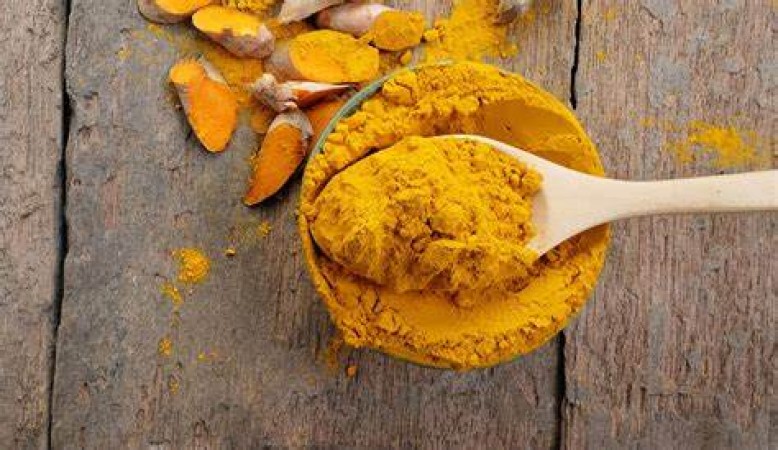
In recent years, there has been a growing interest in natural remedies for various health issues. One such remedy that has gained popularity is turmeric. Traditionally used in cooking and Ayurvedic medicine, turmeric is now being explored as an alternative to antacids for managing heartburn and indigestion. In this study, we delve into the efficacy of turmeric in relieving heartburn symptoms and compare it to traditional antacids.
Before we dive into the study, let's get a clear picture of what heartburn is and why it occurs.
Heartburn, also known as acid indigestion, is a common discomfort characterized by a burning sensation in the chest or throat. It occurs when stomach acid backs up into the tube that carries food from your mouth to your stomach (esophagus). This can happen when the lower esophageal sphincter (LES), a muscle that acts as a barrier between the stomach and esophagus, doesn't function properly.
Several factors can contribute to heartburn, including:
Fatty and spicy foods, citrus fruits, caffeine, and alcohol can trigger heartburn in some individuals.
Excess weight can put pressure on the stomach, causing acid to flow back into the esophagus.
Smoking weakens the LES and can lead to heartburn.
Hormonal changes and increased pressure on the abdomen during pregnancy can induce heartburn.
Certain medications, such as aspirin and nonsteroidal anti-inflammatory drugs (NSAIDs), can contribute to heartburn.
Antacids are over-the-counter medications designed to neutralize stomach acid and provide quick relief from heartburn symptoms. They are a go-to solution for many individuals experiencing occasional heartburn.
Antacids contain alkaline compounds that, when consumed, react with stomach acid to neutralize it. This neutralization process reduces the acidity in the stomach and alleviates the burning sensation associated with heartburn.
Antacids offer rapid relief from heartburn symptoms, making them a convenient choice for those in discomfort.
Now, let's shift our focus to turmeric and its potential as a natural remedy for heartburn.
Turmeric contains a bioactive compound called curcumin, which is renowned for its anti-inflammatory and antioxidant properties. Curcumin is believed to be the key player in turmeric's potential to alleviate various health issues.
Inflammation in the esophagus can exacerbate heartburn symptoms. Curcumin's anti-inflammatory properties may help reduce this inflammation, providing relief.
Antioxidants in turmeric can neutralize harmful free radicals and protect the esophageal lining from damage caused by stomach acid.
Turmeric has long been used in traditional medicine as a digestive aid. It may help regulate digestion, reducing the likelihood of acid reflux.
To determine the effectiveness of turmeric in managing heartburn, a comprehensive study was conducted involving a diverse group of participants.
The study included:
Individuals who experienced occasional heartburn were recruited for the study.
Participants were randomly assigned to two groups: one group would take antacids as needed, and the other would consume turmeric supplements.
The study spanned three months to assess both short-term and long-term effects.
Both the antacid group and the turmeric group reported significant relief from heartburn symptoms.
Interestingly, the turmeric group experienced sustained relief even after discontinuing the supplements, suggesting potential long-term benefits.
While these findings are promising, there are some essential considerations to keep in mind.
The effectiveness of turmeric may vary from person to person. Some individuals may find greater relief with antacids, while others prefer the natural approach of turmeric.
The study used standardized turmeric supplements, but dietary turmeric may not provide the same results. The dosage and form of turmeric can influence its efficacy.
Before making any changes to your heartburn management routine, it's crucial to consult with a healthcare provider. They can provide personalized advice based on your specific needs.
In the quest for natural alternatives to manage heartburn, turmeric has emerged as a promising contender. Its anti-inflammatory and antioxidant properties, along with the findings of this study, suggest that turmeric supplements may offer effective relief from heartburn symptoms. However, individual preferences and variations must be considered, and consultation with a healthcare provider is advisable before making any significant changes to your heartburn management approach.
Is Shilajit really the sweat of mountains?
What did the 9/11 prophetess foresee for the year 2023?
Check Here for the Signs: Frequent Ear Blocks Could Be a Sign of Cancer